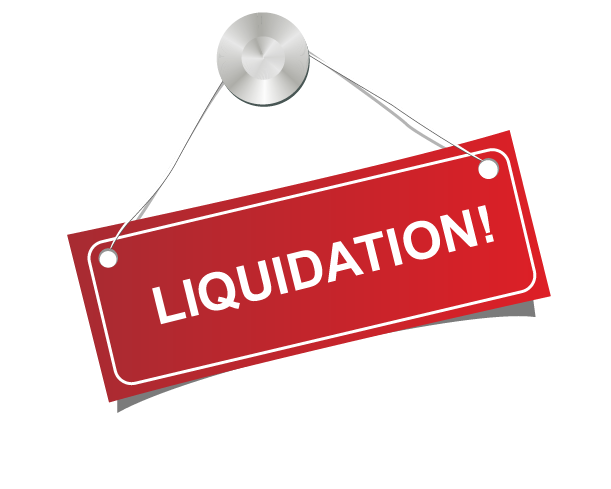Liquidation
Comprehensive Legal Services for Liquidation and Winding Up of Companies
Liquidation refers to the process of winding up a company’s affairs, as defined under the Indian Companies Act, 1956. It involves bringing an end to the company’s life, administering its property, and distributing the proceeds for the benefit of its creditors and members. A company is typically started by members or individuals for a specific purpose, and after achieving its objectives, it may need to be wound up. This process is also referred to as liquidation.
Liquidation can be a complex legal process, requiring expert guidance to navigate its intricacies. At Astrea Legal, we specialize in liquidation matters, helping clients through the legal procedure to wind up their companies effectively. Our team of experts, including professional liquidators, takes control of the company’s assets, realizes the property, and distributes any surplus among the shareholders in accordance with their respective rights. The main goal of winding up a company is to quickly realize its assets, settle liabilities, and distribute any remaining funds.
Liquidation is not always synonymous with bankruptcy, as some may think. It is not always carried out under duress. In some cases, companies may liquidate unprofitable segments of their business to generate funds for more profitable ventures. Liquidation due to financial difficulties typically falls under two broad categories: compulsory and voluntary liquidation.
Types of Liquidation/Winding Up
Under Section 425 of the Indian Companies Act, a company may be liquidated or wound up in one of the following ways:
-
Compulsory Liquidation
This type of liquidation occurs when a creditor or company director obtains a court order, known as a “winding-up order,” which forces the company to cease operations. In cases where the company director seeks the court order, it must be a joint petition by all company directors if there is more than one.
Creditors often request a winding-up order after a statutory demand for payment has not been met. If the statutory demand remains unpaid for 21 days, the creditor may approach the court for a winding-up order. The creditor bears the cost of the legal proceedings but is given priority when payment is made during liquidation. Astrea Legal provides expert consultancy services in these cases, focusing solely on liquidation matters. -
Voluntary Liquidation
In voluntary liquidation, the process is carried out without court supervision. Once the winding-up is complete, the necessary documents are submitted to the court to obtain a dissolution order. Voluntary winding-up may be initiated by the company’s members or creditors.
In cases of insolvency, the process begins with a meeting with a licensed insolvency practitioner, who helps arrange formal meetings with shareholders and creditors. Resolutions are passed to appoint the insolvency practitioner as the company’s liquidator. After the creditors’ meeting, the chosen liquidator assumes control of the company and its assets. Astrea Legal provides comprehensive assistance throughout the voluntary liquidation process, handling all necessary documentation and filing procedures before the court.
Astrea Legal’s Expertise in Liquidation Matters
At Astrea Legal, we offer professional legal services in both compulsory and voluntary liquidation cases. Our experienced team provides guidance on all aspects of the liquidation process, ensuring a smooth and compliant winding-up of your company. Whether it’s navigating court proceedings, assisting with insolvency issues, or ensuring the proper transfer of assets, we are committed to supporting our clients every step of the way.
If you are facing winding-up proceedings, it’s essential to consult with professionals who understand the complexities of liquidation law. Contact Astrea Legal for expert consultation, and let us help you navigate the liquidation process efficiently and effectively.



